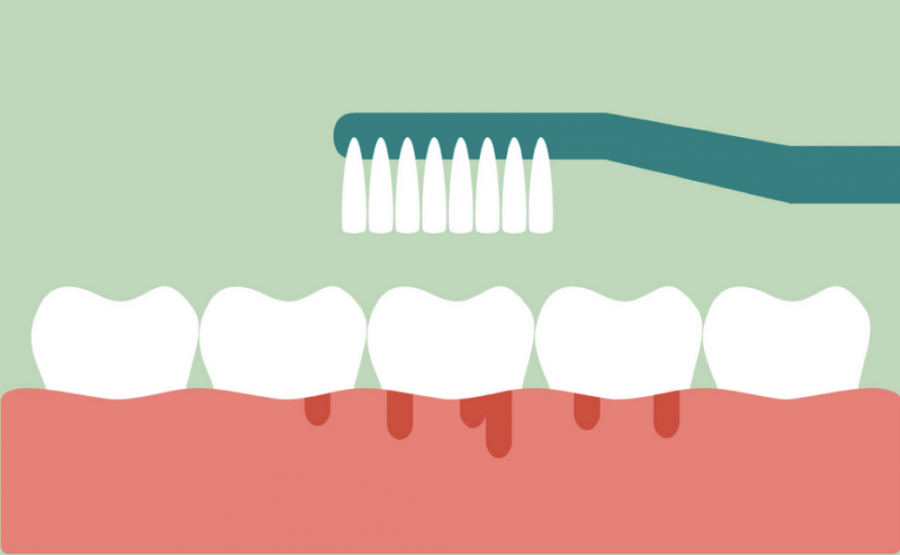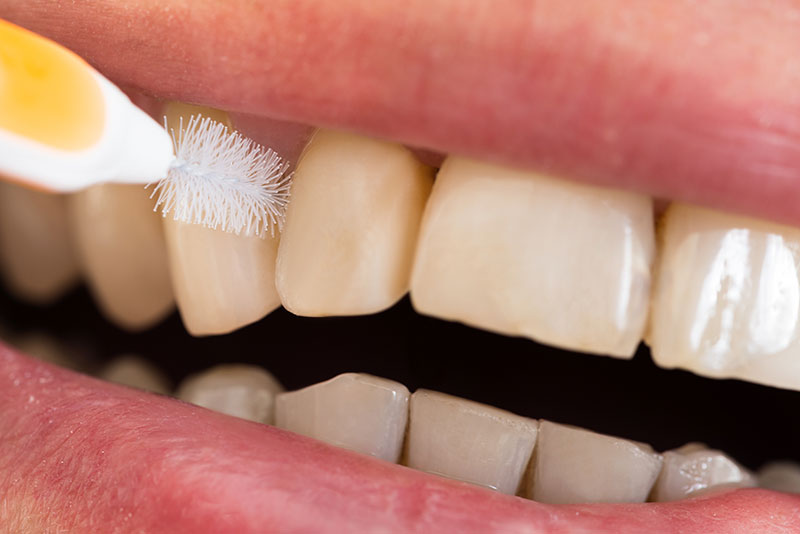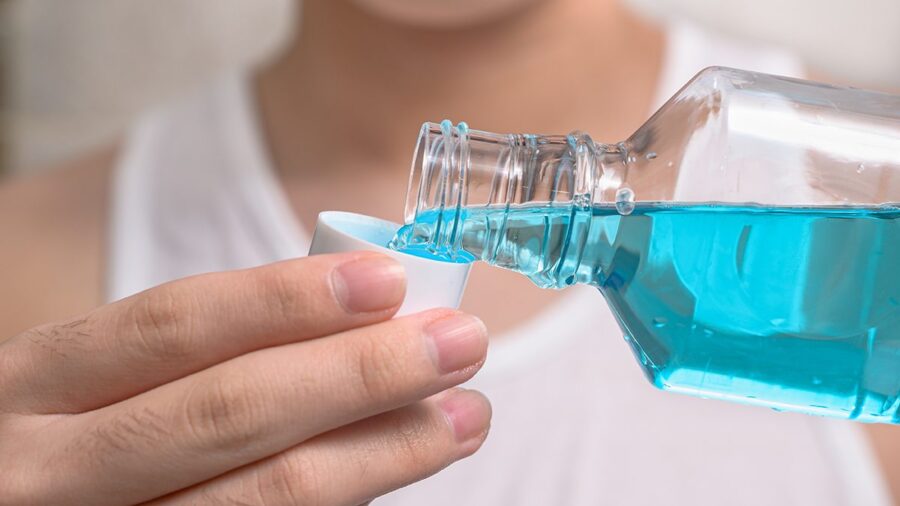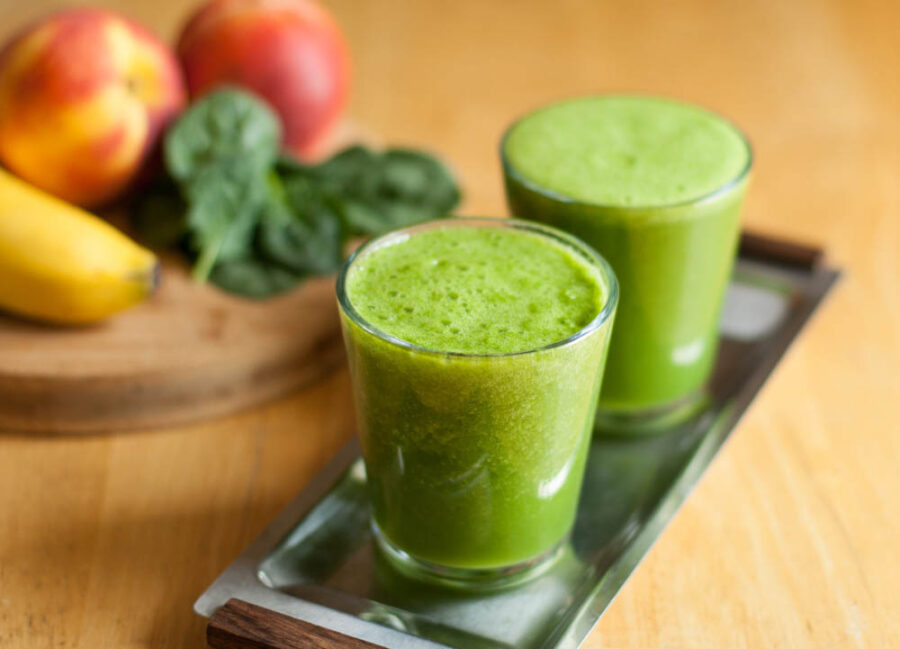The health and appearance of our teeth depend on our diligence in practising appropriate oral hygiene. When plaque solidifies on teeth, it causes tartar, also called dental calculus, which is a frequent dental problem. While professional dental cleanings and checkups are suggested for tartar removal, some people may choose to remove it on their own. In this article, we will discuss the advantages and disadvantages of removing tartar from your teeth on your own. Dr. Chirag Chamria’s expertise as a dentist will allow his patients to make educated choices regarding their dental health.
Understanding Tartar Formation
Tartar formation is a common dental issue that occurs when plaque, a sticky film of bacteria, mineralizes and hardens on the teeth. To understand its formation better, let’s delve into the process step by step.
Plaque Formation: Plaque builds up on teeth daily. Bacteria, food, and saliva make it. Bacteria in the mouth break down food, particularly carbs and sugars, releasing acids that destroy tooth enamel. Plaque eventually forms.
Plaque Maturation: Plaque may harden if not removed regularly. Bacteria flourish on plaque. The maturation takes hours.
Mineralization: Saliva minerals like calcium and phosphate mix with plaque to mineralize teeth. Plaque hardens into tartar or tooth calculus. Brushing and flossing cannot eradicate it.
Tartar Accumulation: Its accumulation begins near the gum line, where saliva flow is limited and minerals may collect. If plaque is not cleaned, it may form on other tooth surfaces.
Professional Dental Cleaning | Tartar Removal
Thorough Tartar Removal: Dentists and dental hygienists are equipped to remove it from teeth. Scalers and ultrasonic cleaners remove tartar from tooth surfaces and gum lines. This thorough cleaning removes it that brushing and flossing cannot.
Prevention of Dental Issues: Professional cleanings remove it and prevent dental issues. Its buildup increases the risk of tooth decay because bacteria thrive on its rough surface and produce acids that attack tooth enamel. Dental cleanings remove tartar, reducing cavities.
Early Detection of Dental Issues: A dental cleaning completely examines your teeth, gums, and oral tissues. They can spot cavities, gum disease, and oral cancer early on. Early identification and treatment prevent oral health concerns from worsening.
Gum Disease Prevention: Gum disease (periodontal disease) is caused by its buildup. Tartar bacteria infect and inflame gums, causing swelling, bleeding, and poor breath. Professional dental cleanings remove it and germs, preventing gum disease and improving gum health.
Fresh Breath and Improved Appearance: Even with brushing and flossing, its accumulation causes foul breath. Professional dental cleanings eradicate foul breath germs and plaque. Dental cleanings eliminate surface stains, brightening the smile.
Personalized Oral Health Advice: Dental practitioners advise and clean teeth. They may evaluate your dental hygiene routine and suggest ways to enhance it. This individualized guidance keeps your teeth clean between dentist appointments.
Risks of Self-Scraping Tartar for Removal
While it may be tempting to self-scrape tartar from your teeth, it is important to understand the potential risks involved. Here are some of the risks associated with self-scraping tartar:
Gum Injury: Its removal can damage gums. Sharp or improper tools can cut, scratch, or abrasion delicate gums. Gum damage causes pain, bleeding, and infection.
Enamel Damage: It is hard and sticks to teeth. Without the right tools, scraping it off can damage tooth enamel. Enamel damage makes teeth more susceptible to decay and sensitivity.
Incomplete Removal: Self-scraping tartar without proper training may result in incomplete removal. Its deposits can be hard to find and remove without professional training and tools. Incomplete tartar removal lets it damage teeth and gums.
False Sense of Security: Self-scraping visible tartar may give a false sense of security. Its removal may make people think their oral health is fine. Without professional assessment and removal, hidden tartar deposits and other dental issues remain.
Dr. Chamria emphasizes that self-scraping tartar can also create a false sense of security, as individuals may mistakenly believe they have effectively eliminated it. However, without professional assessment and removal, the risk of dental issues persists.
Oral Hygiene Practice for Tartar Prevention
Maintaining a proper oral hygiene routine is crucial for preventing tartar formation and promoting overall oral health. Here are some effective oral hygiene practices to help prevent tartar buildup:

Brushing Technique: Brush twice a day with fluoride toothpaste and a soft toothbrush. Hold the toothbrush 45 degrees to the gum line and gently, circularly clean all tooth surfaces. Check gums for it. Brushing removes tartar-forming plaque.
Flossing: Regular flossing removes plaque and food. Wrap a lot of dental floss around your fingers and gently insert it between each tooth, curving it around the base. Flossing cleans teeth. Flossing prevents it in hard-to-reach areas.


Mouthwash: Use antimicrobial mouthwash. Mouthwash reduces plaque bacteria. Rinse your mouth for the manufacturer-recommended time. Mouthwash should supplement brushing and flossing.
Proper Nutrition: A balanced diet can prevent tartar. Sugary and starchy foods promote bacterial growth and plaque formation. Instead, prioritize fruits, vegetables, lean proteins, and dairy. These foods nourish teeth and gums.

Lifestyle Changes for Tartar Control
- Healthy Diet: A balanced diet low in sugar and processed foods reduces its buildup. Fruits, vegetables, lean proteins, and dairy are vitamin-rich. These nutrients promote healthy teeth and gums, preventing it.
- Hydration: Saliva helps wash away food particles and neutralize acids in the mouth. Hydration helps prevent tartar by maintaining a healthy oral environment.
- Quit Smoking: Smoking stains teeth and causes plaque and tartar. Tobacco products damage gums and reduce saliva production, making plaque buildup easier. Quitting smoking improves health and tartar control.
- Limit Alcohol Consumption: Dry mouth from excessive alcohol consumption increases its risk. Limiting alcohol helps saliva production and oral health.
- Regular Dental Visits: Its control requires dental checkups and professional cleanings. Dentists can spot tartar early, clean teeth thoroughly, and give personalized oral care advice. Follow the recommended dental visit schedule to prevent it.
When to Seek Professional Help | Tartar Removal
If you notice signs of its buildup or experience any oral health issues, it is important to seek professional help from a dentist. Some signs that indicate it’s time to seek professional dental care include persistent bad breath, gum sensitivity or bleeding, visible plaque deposits, tooth pain or sensitivity, and changes in the appearance or texture of your teeth. Additionally, if you have not had a dental cleaning in over six months or as recommended by your dentist, it is advisable to schedule an appointment. A dental professional can assess your oral health, remove it, and address any underlying issues to ensure the best possible care for your teeth and gums.
Conclusion
The best way to avoid tartar accumulation and keep your teeth and gums in excellent condition is to practise proper oral hygiene and see the dentist regularly. Self-scraping tartar may seem like a good idea at the time, but the hazards aren’t worth it. If you want your plaque removed completely and your oral health thoroughly evaluated, Dr. Chirag Chamria at Royal Dental Clinics recommends scheduling regular professional cleanings. Patients may keep their teeth and gums healthy for their whole lives if they practise regular oral hygiene and see the dentist when they need it.
© All rights reserved by Royal Dental Implants Pvt Ltd
Issued in public interest






